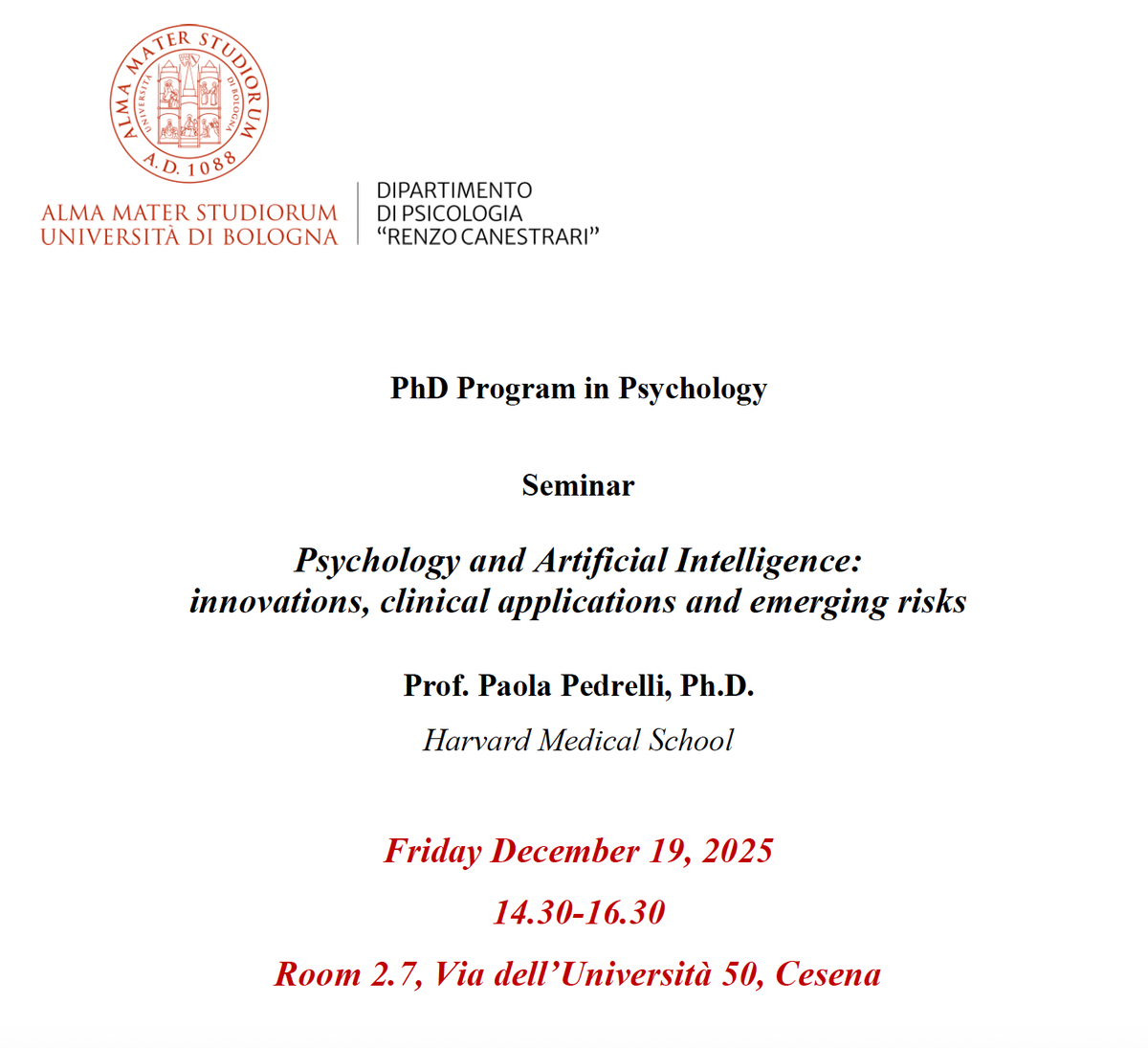
Psychology and Artificial Intelligence are converging at a pivotal moment, offering new ways to address the global mental health crisis. There are 1.1 billion people worldwide struggling with mental health problems, yet 85% of them receive no treatment due to cost, limited clinician availability, and persistent stigma. Advances in wearable devices, smartphone sensors, and computational models now allow AI to expand access by powering digital mental health tools. The rapid spread of generative AI has enabled the development of chatbots that can support individuals in moments of need, offer psychoeducation, and complement traditional care. In parallel, AI systems capable of analysing large streams of behavioural and physiological data can provide personalised feedback to users of health trackers, helping identify distress or promote healthier routines. However, these innovations come with emerging risks, including misinformation, hallucinations, privacy breaches, bias, over-reliance on automated systems, and the potential misuse of AI tools in vulnerable populations.
The seminar will address the following questions:
- How can AI and sensor-based technologies improve access to mental health care?
- What valuable roles can chatbots and generative AI tools play in supporting mental health?
- What key risks must be addressed to ensure safe and ethical AI use in vulnerable populations?
